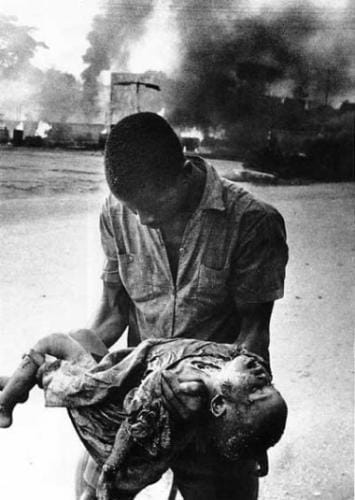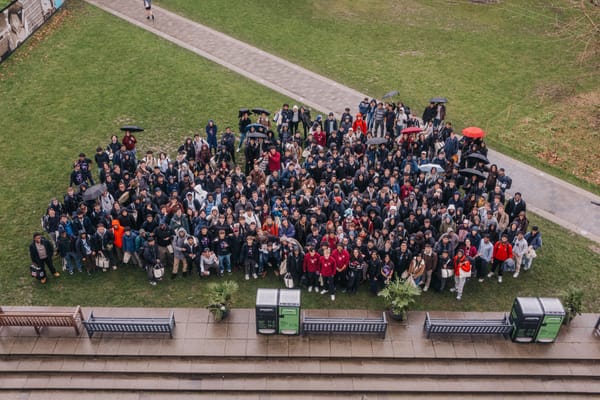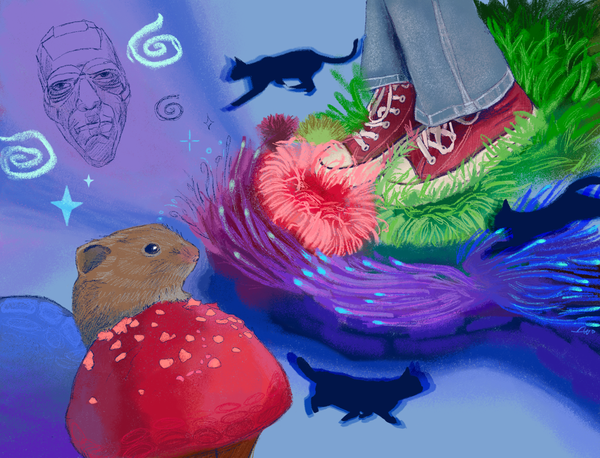Soza Boy By Ken Saro-Wiwa
Edoardo Borgomeo explores the tragic themes of Soza Boy and Its Even More Tragic Backstory

This is not what you would call a normal book review, but that’s just because Sozaboy is not a normal book. It is not one of those novels that after you have finished reading you’ll put back on the shelf. No, when you will be done reading Sozaboy you will give to everyone you know. This is how I felt. This happened to me because Sozaboy is a book that makes you perceive injustice and when you perceive injustice, especially when you are young, you want to make other people aware and you want to do something.
Sozaboy is a book about war, and the dumbness of war, as seen by a young Nigerian boy. The historical context in which _Sozabo_y is set is the Nigerian Civil War. But Sozaboy is not a book on a particular war because it expresses the despair and sorrows that characterize every war. The message carried by Sozaboy extends beyond a particular time and setting. Sozaboy is a young recruit in the Nigerian Army who initially believes that the folly all around him has a meaning, only to later discover the contrary. The power of this novel lies in the language used by Ken Saro-Wiwa to express Sozaboy’s perception of the world. In fact this novel is written in “rotten English”, which is a mixture of “Nigerian pidgin English, broken English and Idiomatic English”. This language adaptation results in an extraordinary realism and a very effective communication, which fascinates the reader straight away.
Ken Saro Wiwa, was hanged on Novemeber 10, 1995 by Nigerian Authorities, with the formal accusation of inciting riots and separatism. The informal reason is that he had been annoying. He said that the Multinational Corporations prospecting for oil in the Niger Delta had to share the profits. He accused the oil industry of damaging the environment. He revealed the paradox that somehow the more resources a country has the poorer it is. He denounced the genocide of the Ogoni people. He wrote Sozaboy. And he was killed. One year after the execution Human Right activists and Ken Saro-Wiwa’s family brought lawsuits against Royal Dutch Shell, accusing the company of being involved in Ken Saro-Wiwa’s death. In 2009 Shell opted for a settlement out of court with the Saro-Wiwa family. Although Shell justified the decision by saying that they wanted to “move on”, some people thought that this proved that Shell had something to hide and that it had responsibilities in Ken Saro-Wiwa’s death, but this is another story. This is not the place to discuss these lawsuits. And it is not even the place to talk about Ken Saro-Wiwa’s importance as a Human Right and Environmental Activist. This is the place to discuss Ken Saro-Wiwa’s words, which were dangerous and annoying.
Ken Saro-Wiwa was afraid that his words might be forgotten. But writing, thinking and discussing his words and writings means that we know them and that we know that they are still dangerous if they continue to be known. His books are still a powerful and pacific weapon against any kind of injustice and power. A lesson to be learned from Ken Saro-Wiwa’s life and words is that he didn’t protest, did what he did, and wrote what he wrote on the basis of some abstract belief or absolute idea. He didn’t protest because he was an environmentalist or because he hated multinational corporations. He was an intellectual and he understood perfectly that the development of his people, the Ogoni people, could have been promoted by the wise use of his land’s resources. But he protested because he perceived evident injustice in how these resources were managed. He acted because he believed that his actions were the right thing to do and because he understood that they were valid in that moment. Ken Saro-Wiwa’s words are still important, and still dangerous for someone, but only if they are known, only if we remember the lives of true, real people like Ken Saro-Wiwa.






